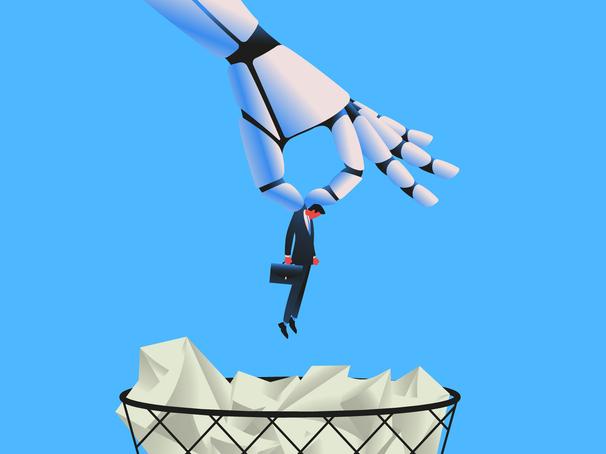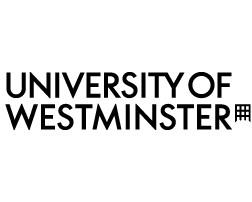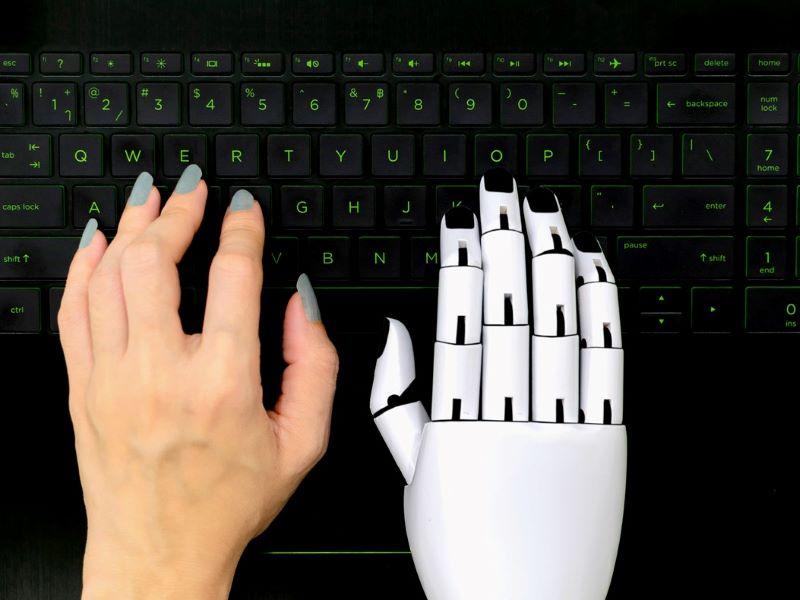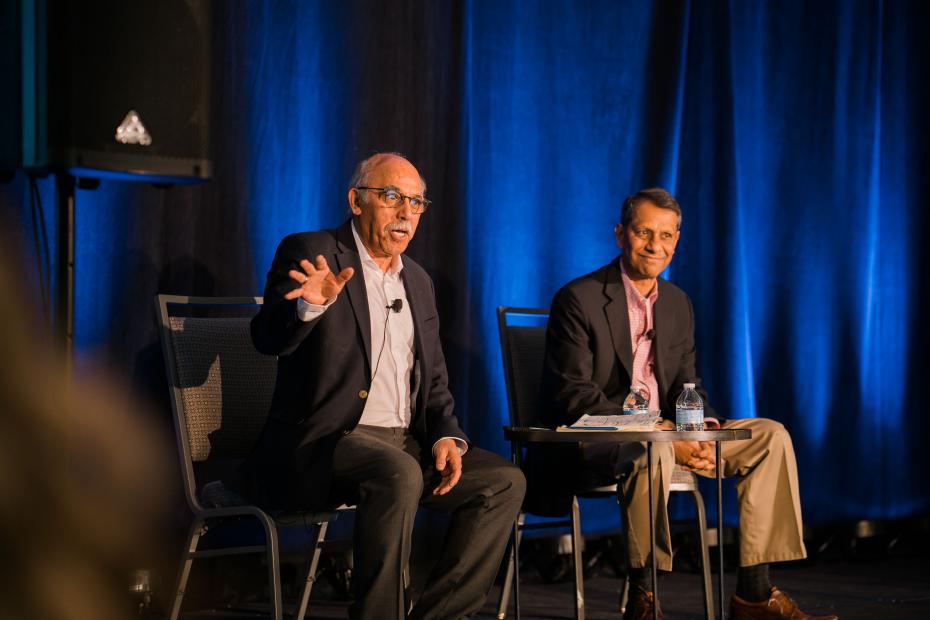
How your graduates can beat AI in the job market of tomorrow
Your students are facing a competition against a faster, better and cheaper opponent in 2025’s job market – AI. Ioannis Glinavos offers his advice on prepping them for the fight
You may also like
Popular resources
Content creator and business coach Roberto Blake recently articulated the problem educators face in the brave new world of generative AI on X (formerly Twitter), posting: “The Terminator won’t kill you on the battlefield of 2045... The Terminator will kill you in the JOB MARKET of 2025... and there is no John Connor...” What will university graduates do, if ChatGPT is doing everything already?
Is it true that large language models like ChatGPT can do everything, or is this an exaggeration? Tell that to the call centre representatives of Klarna, the payments facilitator. The global company announced in February 2024 that its AI assistant powered by OpenAI (the creators of ChatGPT) has had 2.3 million conversations, two-thirds of Klarna’s customer service chats, and is doing the equivalent work of 700 full-time agents. Not employing these agents is estimated to drive a $40 million (£32.1 million) profit improvement to Klarna in 2024. Great news for shareholders, not-such-great news for call centre operators.
- How can we teach AI literacy skills?
- Transition from expert to guide by embracing generative AI
- How to strengthen your metacognitive skills to collaborate effectively with AI
Surely, this can’t affect highly qualified workers with university degrees, can it? If you are in the business of producing law graduates, you should be worried. The law firm A&O launched a contract drafting tool, ContractMatrix, created in partnership with Microsoft and the AI lawyer Harvey, which is being sold as “software as a service”. ContractMatrix uses AI and other techniques to perform the grunt work of contract negotiation and drafting, leaving lawyers free to do more (highly billable) strategic thinking. A&O claims that the tool can save around seven hours when negotiating a contract. These are seven hours that a paralegal or trainee would have spent – therefore, less need for juniors. Similar things are happening across the service industries.
As an educator, you have a huge problem in 2024. Your graduates are about to be beaten in the job market by the AI in 2025. They won’t even make it to interview. What, if anything, can you do about it?
In my podcast, I argue that you have two choices when your job is threatened by technology. You can be cheaper or better than the machine. Given that AI functionality is now integrated into tools we use for free or have paid for already, the first option is difficult – if not impossible.
How, then, can educators help students be better than the machine? I propose two ways of doing this.
Embrace the future
The first way to beat AI is to embrace it. Higher education’s initial reaction to generative AI has been fear, followed by panic. Lecturers discovered that large language models could write fluently and worried that ChatGPT would be writing everyone’s assessments. Once they realised that there’s no way to stop this, panic ensued. Many institutions reacted with a return to campus-based invigilated assessments.
This is a little like reacting to copy-pasting by advocating a return to marble plaques and hammers. The world has moved on whether we, or our external examiners, want it to or not. There is no point shielding our students and our courses from technology, only for these same students to emerge into a workplace dominated by this technology. No one wants a master’s degree in shovelling when all jobs require a mechanical digger operator. Embracing change means teaching our students how best to use AI tools to accelerate and improve their work – and yes, this includes writing essays.
Teach human skills
The second way to beat AI is through humanity. Universities have long argued that their focus is skills, rather than knowledge transmission in the abstract. We strive to give our students both knowledge and the tools to use this knowledge in a professional context (and beyond it). The skill that will be most in demand in a workplace dominated by AI will be human contact and personality. Humans like talking to other humans and, while most of us are happy to buy car insurance when the quote is generated by a bot, we would prefer to discuss how to turn around our business with an entrepreneurship coach. AI offers capacity, competence and speed, but not personality, warmth and empathy – or at least, not right now.
Some graduates will outrun the Terminator. John Connor lived long enough to find a time machine to send someone to 1984. The graduate who survives is the one who knows how to use the machine and can do what it can’t: be human. Let us strive, as educators, to arm our students with humanity, before we launch them into the workplace of 2025.
Ioannis Glinavos is a senior lecturer in law at the University of Westminster.
If you would like advice and insight from academics and university staff delivered direct to your inbox each week, sign up for the Campus newsletter.





Comments (0)
or in order to add a comment